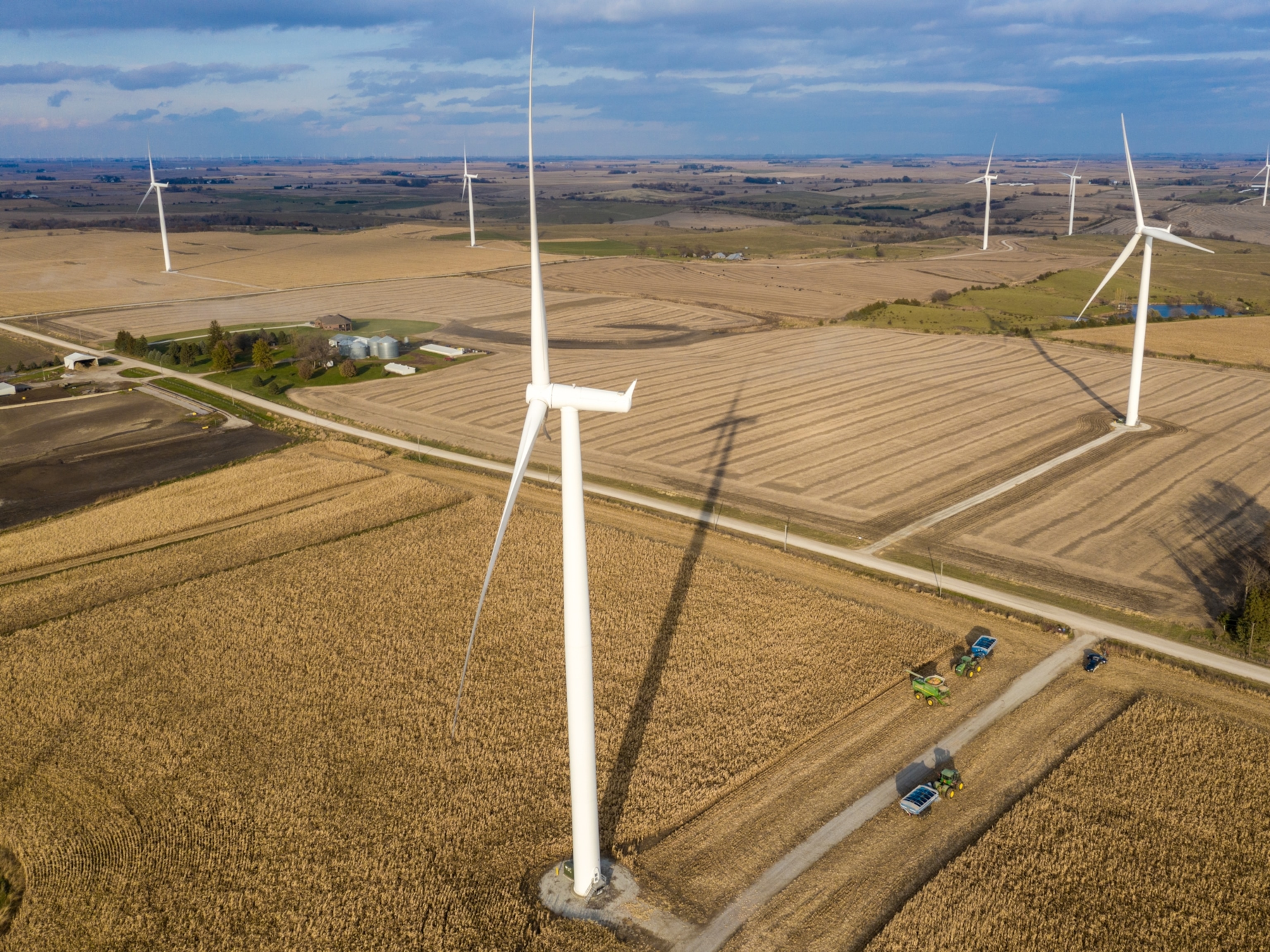
The environmental impacts of cars, explained
Automobiles have a big footprint, from tailpipe emissions to road infrastructure. Learn more.
Cars can convey a sense of freedom and movement, not to mention style and status. But they also can have a big impact on the planet. Here's a few key areas to consider.
Production and Destruction
Cars consume a lot of energy before they ever make it to the open road. Automotive production leaves a giant footprint because materials like steel, rubber, glass, plastics, paints, and many more must be created before a new ride is ready to roll.
Similarly, the end of a car’s life doesn’t mark the end of its environmental impact. Plastics, toxic battery acids, and other products may stay in the environment. Fortunately, junkyard pile-ups are becoming much smaller than they were in the past. About three-quarters of today’s average car, including the bulk of a steel frame, can be recycled.
Production, recycling, and disposal costs to the environment are difficult to quantify and largely beyond the control of most consumers. It's also true that most of an automobile's environmental impact, perhaps 80 to 90 percent, will be due to fuel consumption and emissions of air pollution and greenhouse gases that climate scientists say are driving global warming. Fortunately, the level of that impact is very much under the control of the driver.
Fuel Costs
Petroleum products raise environmental red flags even before they are burned. Extracting them from the earth is an energy-intensive process that can damage local ecosystems. Shipping fuels can also consume a lot of energy, and creates an occasional environmental disaster such as an oil spill. As world demand rises, and unconventional fuel sources, such as oil sands, become more economically viable, the ecological impacts of petroleum extraction might also increase dramatically. That’s one more reason why fuel efficiency is so important.
It's also partly why electric-powered vehicles can help reduce environmental impacts, because they don't burn fossil fuels.
Air Quality
Vehicles are America’s biggest air quality compromisers, producing about one-third of all U.S. air pollution. The smog, carbon monoxide, and other toxins emitted by vehicles are especially troubling because they leave tailpipes at street level, where humans breathe the polluted air directly into their lungs. That can make auto emissions an even more immediate health concern than toxins emitted high in the sky by industrial smokestacks.
Infrastructure
Also difficult to quantify, another associated impact of cars is the building of roads to support them, as well as the urban sprawl that tends to follow in their wake. This issue can be difficult to tease out of other factors, such as population growth and resource consumption, but it is also not easily addressed by technological advancements like fuel efficiency and electric propulsion. Road building has a big impact on emissions and wildlife.
You May Also Like
Go Further
Animals
- This ‘saber-toothed’ salmon wasn’t quite what we thoughtThis ‘saber-toothed’ salmon wasn’t quite what we thought
- Why this rhino-zebra friendship makes perfect senseWhy this rhino-zebra friendship makes perfect sense
- When did bioluminescence evolve? It’s older than we thought.When did bioluminescence evolve? It’s older than we thought.
- Soy, skim … spider. Are any of these technically milk?Soy, skim … spider. Are any of these technically milk?
- This pristine piece of the Amazon shows nature’s resilienceThis pristine piece of the Amazon shows nature’s resilience
Environment
- This pristine piece of the Amazon shows nature’s resilienceThis pristine piece of the Amazon shows nature’s resilience
- Listen to 30 years of climate change transformed into haunting musicListen to 30 years of climate change transformed into haunting music
- This ancient society tried to stop El Niño—with child sacrificeThis ancient society tried to stop El Niño—with child sacrifice
- U.S. plans to clean its drinking water. What does that mean?U.S. plans to clean its drinking water. What does that mean?
History & Culture
- Séances at the White House? Why these first ladies turned to the occultSéances at the White House? Why these first ladies turned to the occult
- Gambling is everywhere now. When is that a problem?Gambling is everywhere now. When is that a problem?
- Beauty is pain—at least it was in 17th-century SpainBeauty is pain—at least it was in 17th-century Spain
- The real spies who inspired ‘The Ministry of Ungentlemanly Warfare’The real spies who inspired ‘The Ministry of Ungentlemanly Warfare’
- Heard of Zoroastrianism? The religion still has fervent followersHeard of Zoroastrianism? The religion still has fervent followers
Science
- Here's how astronomers found one of the rarest phenomenons in spaceHere's how astronomers found one of the rarest phenomenons in space
- Not an extrovert or introvert? There’s a word for that.Not an extrovert or introvert? There’s a word for that.
- NASA has a plan to clean up space junk—but is going green enough?NASA has a plan to clean up space junk—but is going green enough?
- Soy, skim … spider. Are any of these technically milk?Soy, skim … spider. Are any of these technically milk?
- Can aspirin help protect against colorectal cancers?Can aspirin help protect against colorectal cancers?
Travel
- What it's like to hike the Camino del Mayab in MexicoWhat it's like to hike the Camino del Mayab in Mexico
- Follow in the footsteps of Robin Hood in Sherwood ForestFollow in the footsteps of Robin Hood in Sherwood Forest
- This chef is taking Indian cuisine in a bold new directionThis chef is taking Indian cuisine in a bold new direction
- On the path of Latin America's greatest wildlife migrationOn the path of Latin America's greatest wildlife migration
- Everything you need to know about Everglades National ParkEverything you need to know about Everglades National Park




